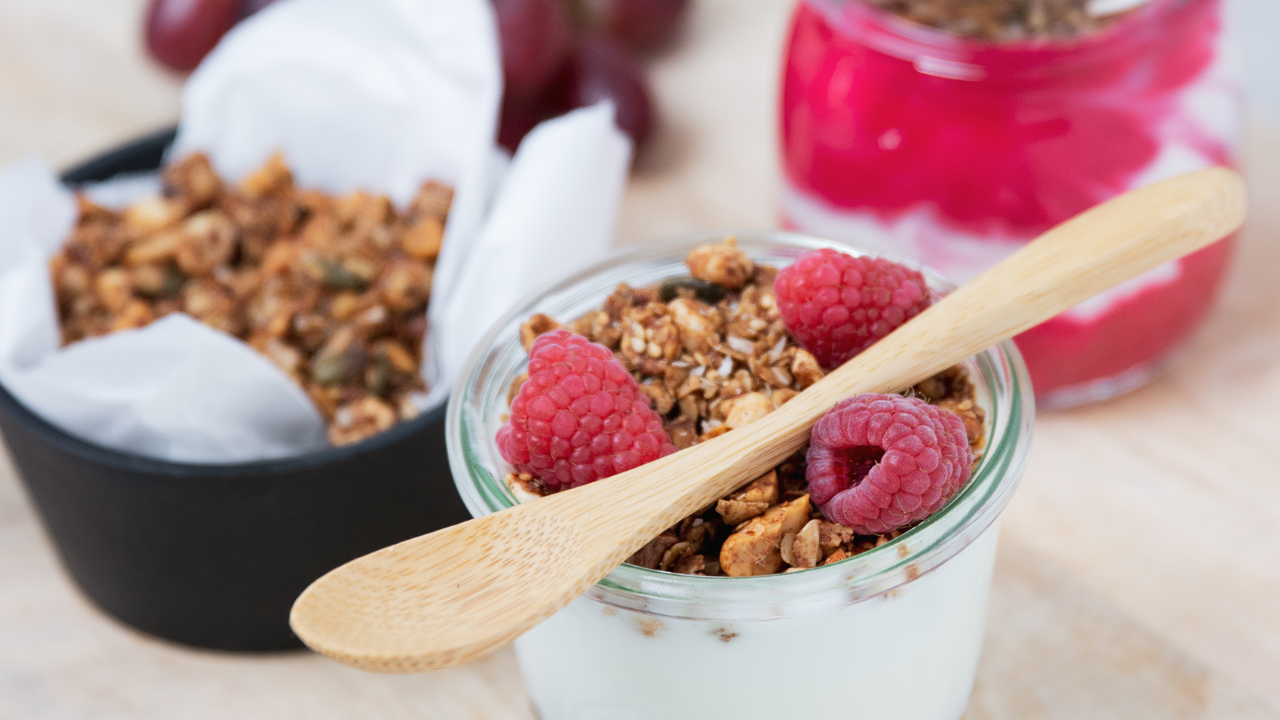Indian dahi or Greek yogurt? which is better for vegetarians When it comes to healthy eating, yogurt is a staple in many vegetarian diets. Among the popular choices are traditional Indian dahi and Greek yogurt, both packed with probiotics, protein, and essential nutrients. However, each offers unique benefits depending on your dietary goals and preferences.
Indian dahi, made with natural fermentation, is lighter and easily digestible, while Greek yogurt is thicker, creamier, and higher in protein. For vegetarians seeking optimal nutrition, understanding the differences between the two can help in making a better, more informed choice. Dahi vs.

greek yogurt: Key differences and health benefits Indian dahi and Greek yogurt are both popular fermented dairy products. Each offers unique textures, tastes, and nutritional benefits. Dahi is a traditional Indian curd made by fermenting milk naturally, while Greek yogurt is a strained version of yogurt, thicker and richer in protein.
Understanding their differences helps in making informed dietary choices. According to the USDA and Indian Food Composition Tables (IFCT 2017), both are excellent sources of probiotics, calcium, and protein. Nutritional comparison Health benefits Culinary uses Dahi is widely used in Indian cuisine — from marinades to lassi, raita, and curries.
Its mild flavour blends easily into savory and sweet dishes. Greek yoghurt is popular in Western cuisines, used in smoothies, dips (like tzatziki), desserts, and baking. Greek yoghurt’s thickness provides creaminess without heavy cream.
Dahi's thinner texture suits traditional Indian recipes better, while Greek yogurt offers versatility in high-protein meals and snacks. Cost and availability In India, dahi is inexpensive and easily homemade, offering a highly economical source of nutrition. Greek yoghurt, being an imported or premium product, is often costlier and less accessible in rural areas.
In Western countries, Greek yoghurt is widely available and often preferred for health-centric diets. Making Dahi at home requires minimal effort and no specialised equipment, while making Greek yoghurt involves additional straining. Conclusion According to Harvard Health Publishing, both dahi and Greek yoghurt are excellent choices, depending on personal needs.
For higher protein and creaminess, Greek yoghurt wins. Dahi is unbeatable for affordability, tradition, and broader gut health benefits. Greek yoghurt may offer a slight edge if fitness and weight loss are goals.
If cultural authenticity and cost matter more, Dahi is the clear choice. Ideally, including both in a balanced diet offers the best of both worlds. Bollywood Divas in Blue Taarak Mehta's Munmun Dutta's quick shoot at the iconic Dadar Flower Market Shobana like never before: A glimpse into rare and iconic moments Best snaps of Krithi Shetty 10 morning habits that make kids smarter 10 most iconic fashion moments of Kriti Sanon Wamiqa Gabbi captivates in stunning traditional ensembles inspired by culture Top 10 hottest places in India 10 cold-blooded animals that survive in ice Are freckles really a problem? 5 biggest myths you should stop believing 5 reasons to have soaked munakka saffron water: Why one should have it early morning Is the ‘Ghost Bird’ of India gone forever? Everything you need to know Black cocktail sarees that Bollywood beauties swear by Labrador Retriever vs Golden Retriever: 5 major differences between the pet dog breeds Gurdas Maan’s milestones in Punjabi cinema Best of Divya Bharti movies you must watch for timeless charm 10 of the oldest living animals in the world Dipika Kakar reacts to the Pahalgam Terror attack, says 'Bhayanak kahu ya dardnaak, puri tarah se hila ke rakh diya hai'.
Entertainment

Indian dahi or greek yoghurt: Which is healthier?

Indian dahi and Greek yoghurt are both popular fermented dairy products. Each offers unique textures, tastes, and nutritional benefits. Dahi is a traditional Indian curd made by fermenting milk naturally, while Greek yogurt is a strained version of yoghurt, thicker and richer in protein















